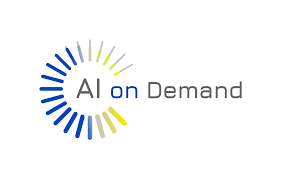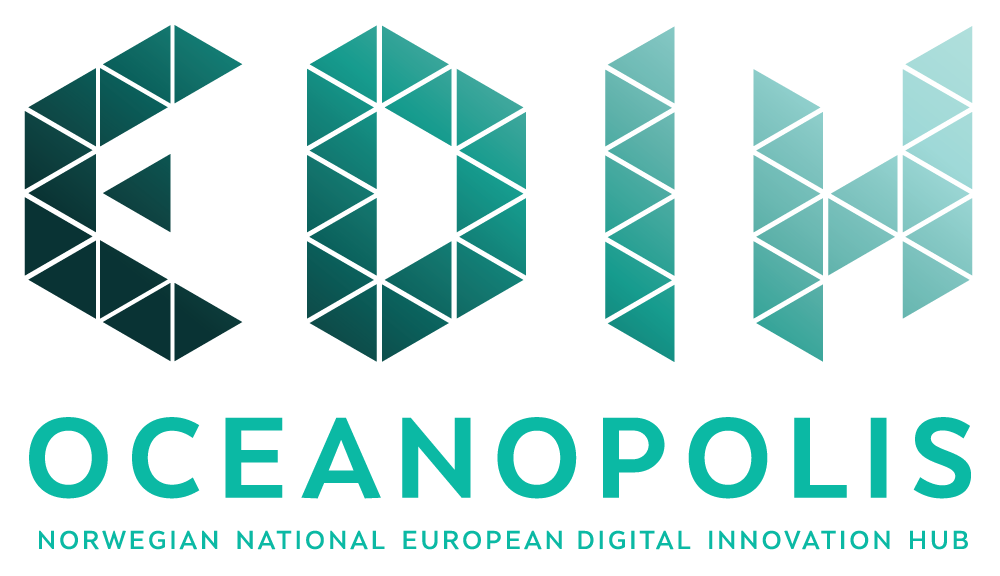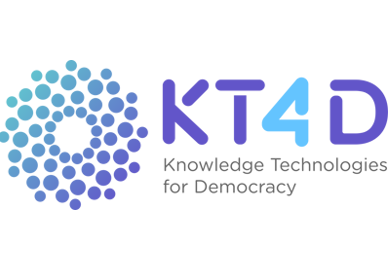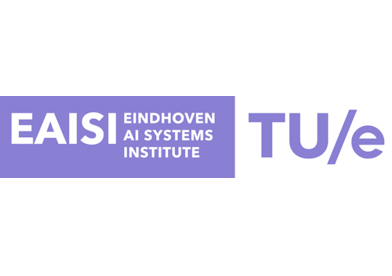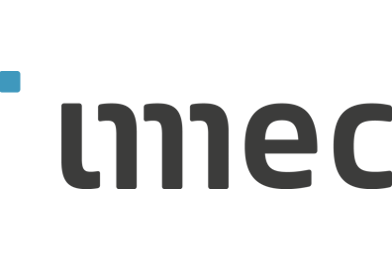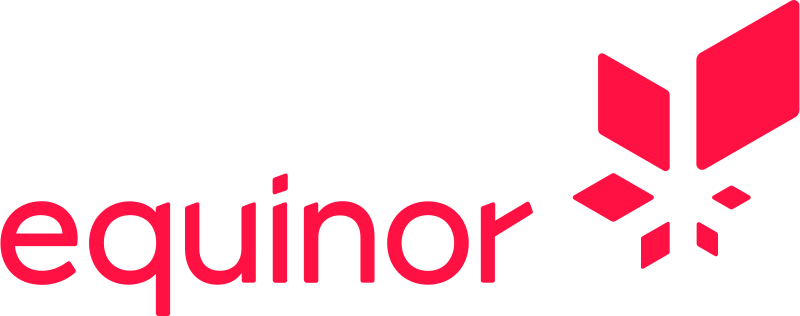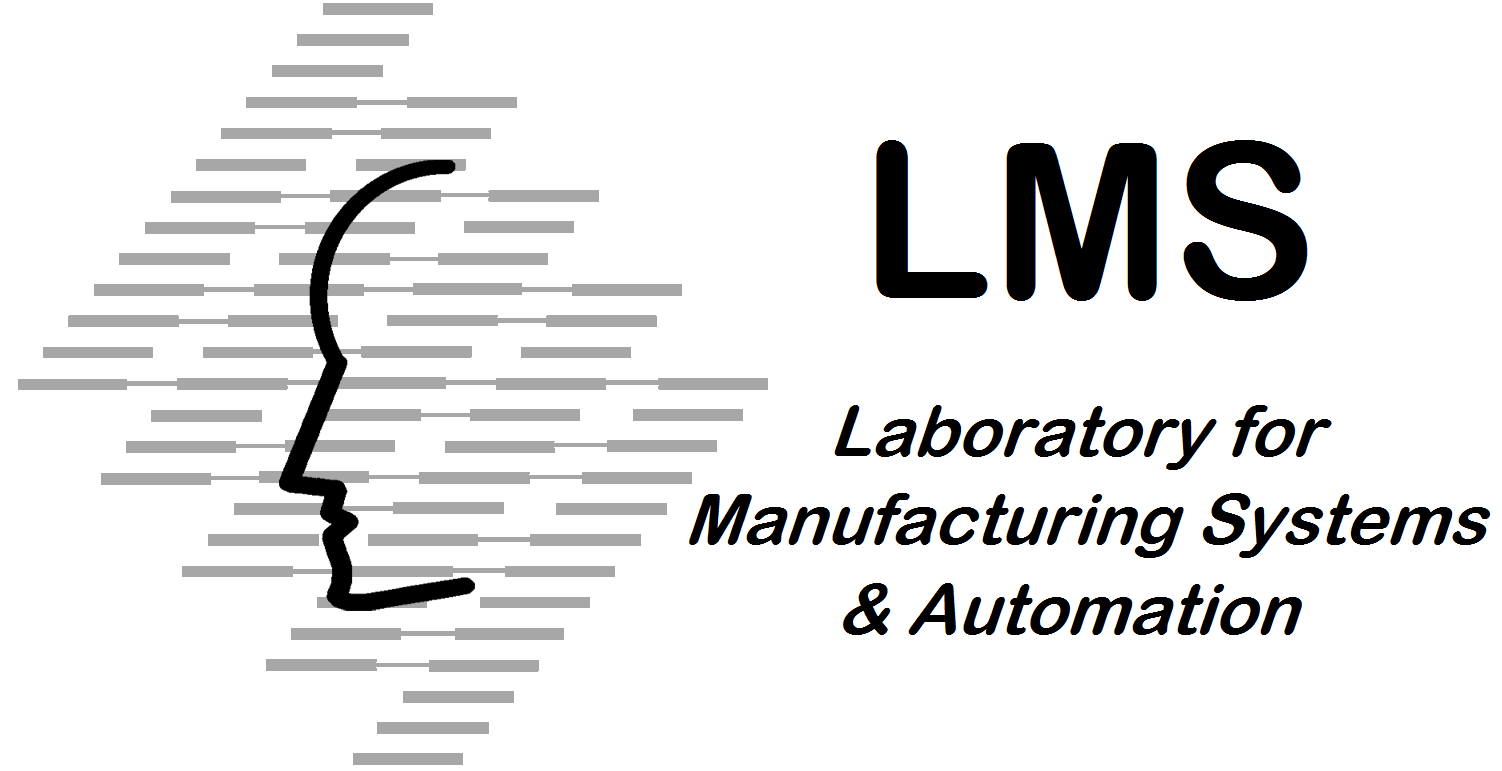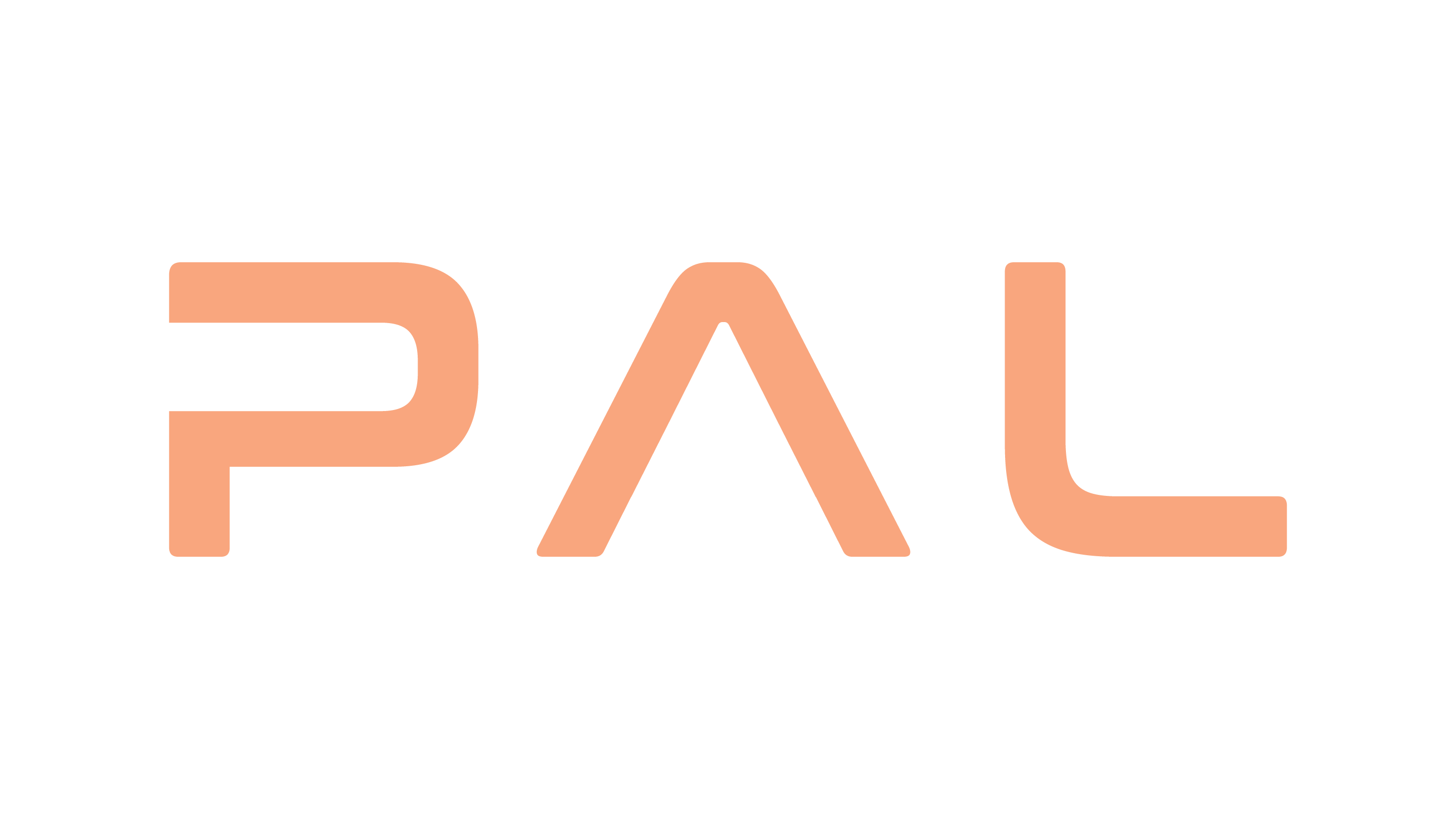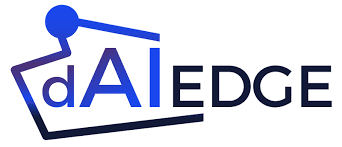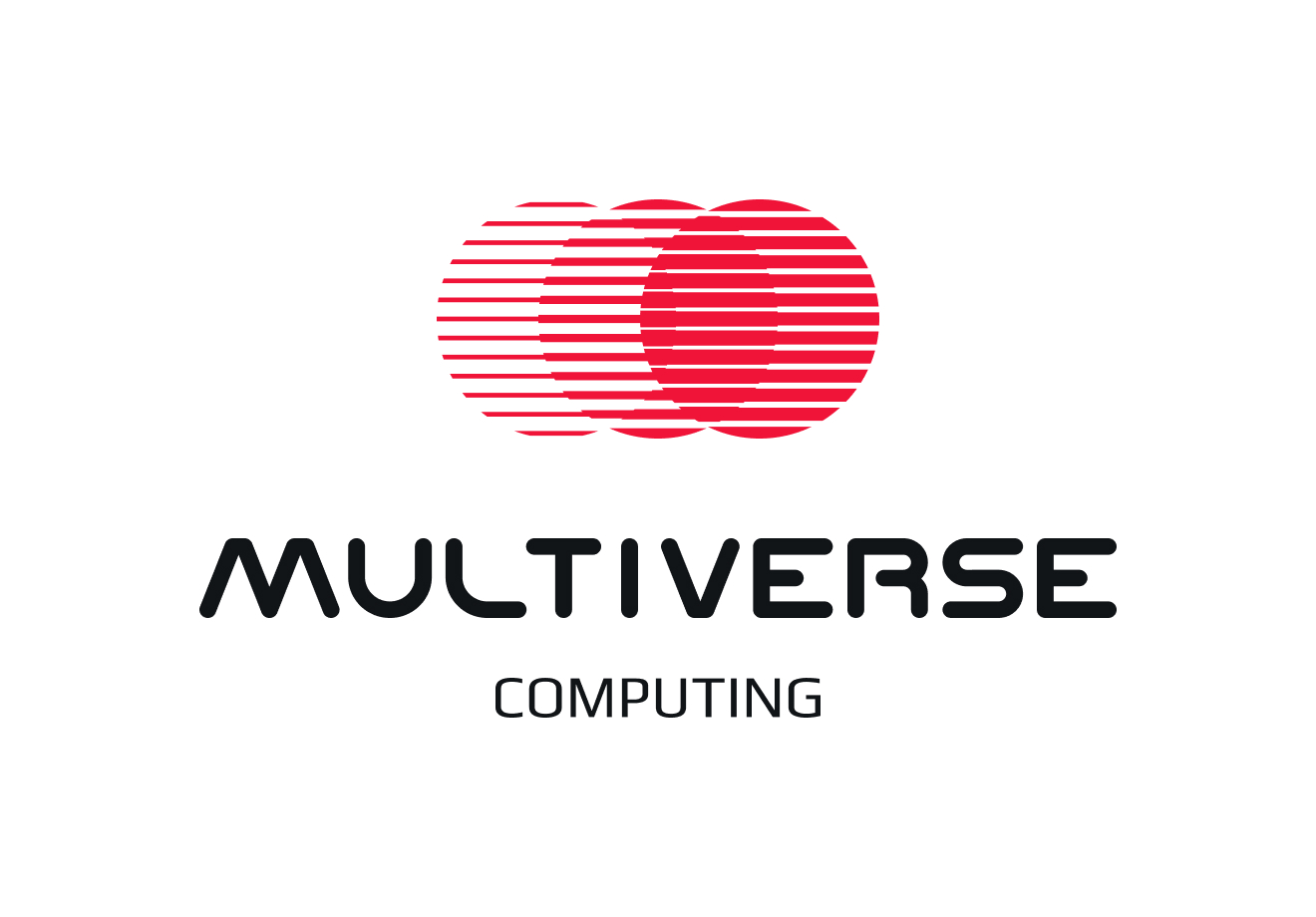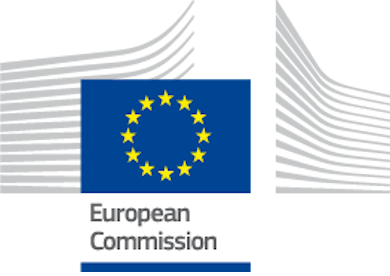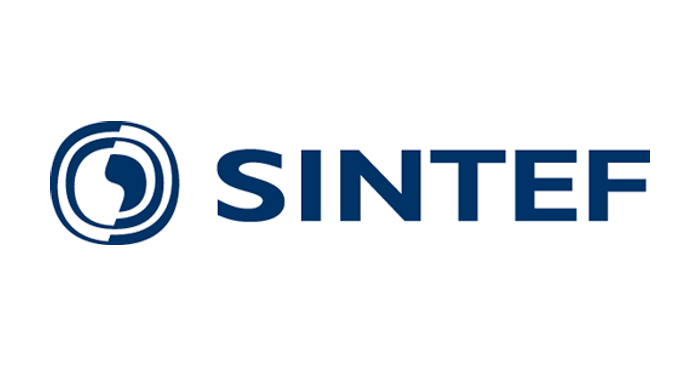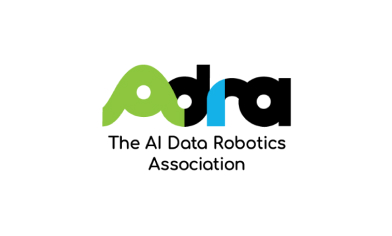Diamond Sponsorship
Gold Sponsorship
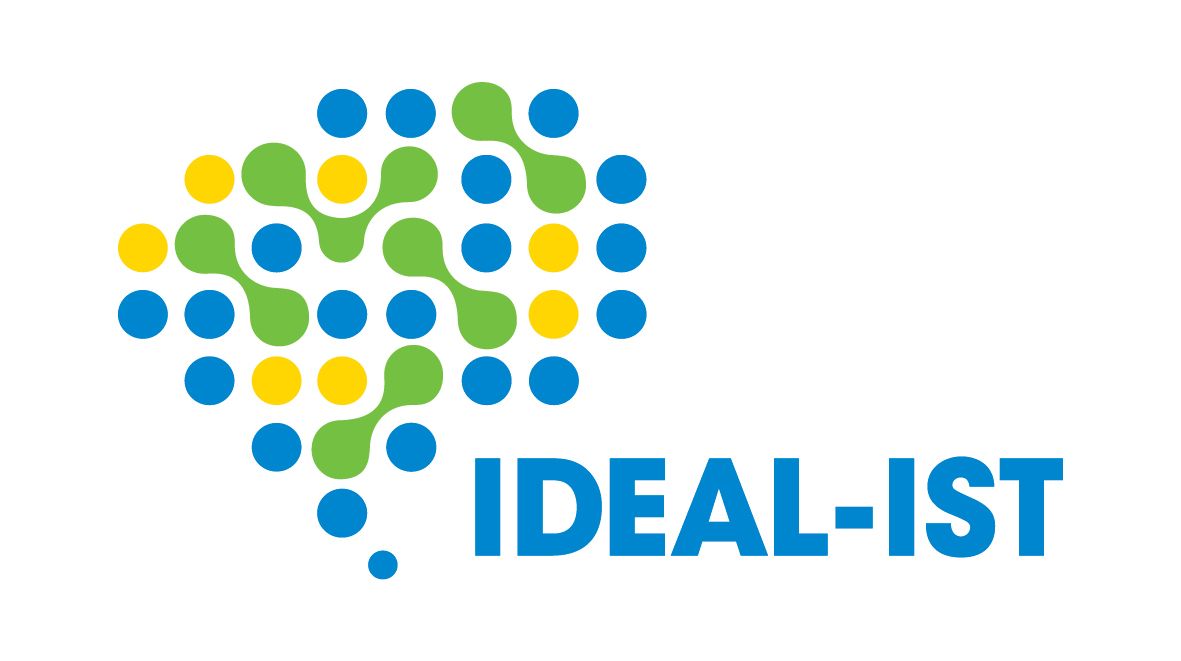
Ideal-ist - the network of digital NCPs for Horizon Europe Cluster 4
Ideal-ist is the international network of Horizon Europe Cluster 4 digital National Contact Points (NCPs). We have been supporting research and innovation activities for the EU Framework Programmes since 1996! The network includes active partners from Member States, Associated Countries and third countries. Ideal-ist provides support to NCPs responsible for the digital part of Horizon Europe Cluster 4 as well as to applicants wishing to submit a proposal in that part of Horizon Europe Cluster 4.
Follow us on LinkedIn or X and check out our Topic Tree!

iBot4CRMs is developing integrated smart robotic systems to maximize the recovery and recycling of critical raw materials from urban waste. The project will build and validate scalable, integrated digital tools that make use of artificial intelligence in a human-centered collaborative approach.
By harnessing urban mining to supplement external sources, the project will strengthen Europe’s resilience and competitiveness in securing CRMs such as neodymium (for magnets), copper, gold, and silver. This initiative will play a key role in addressing the challenges outlined in the Critical Raw Materials Act and the European Green Deal.

